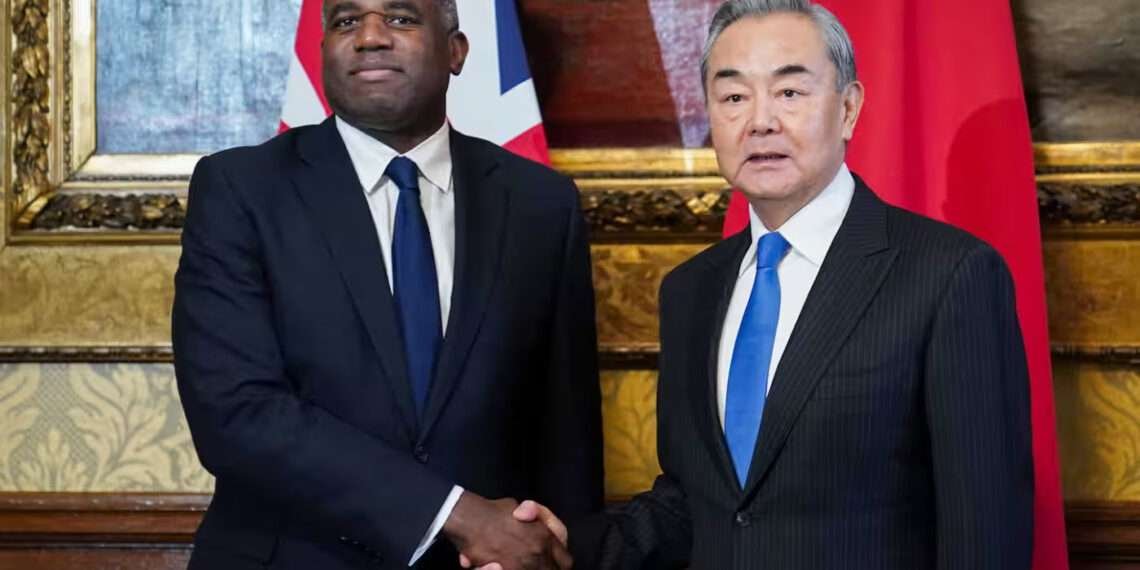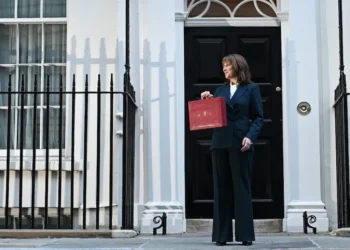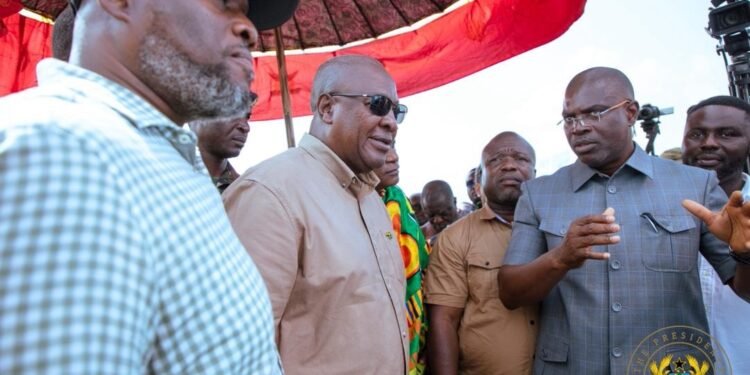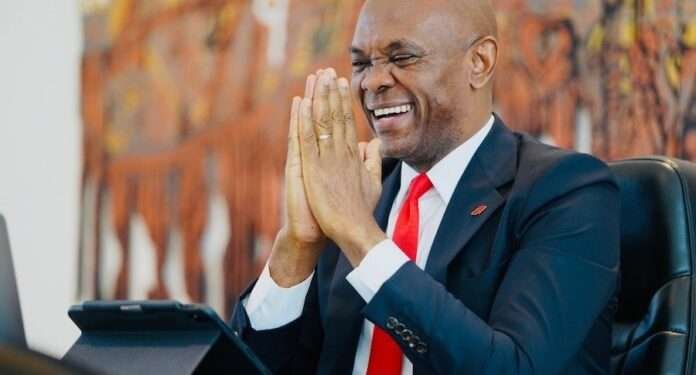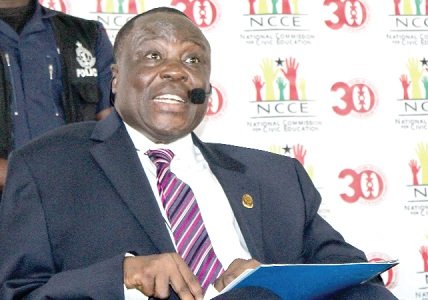The United Kingdom will continue engaging in “robust and constructive” discussions with China as it seeks to strengthen economic ties, Foreign Secretary David Lammy has said. His remarks came as he welcomed China’s top diplomat, Wang Yi, to London for high-level talks aimed at fostering cooperation between the two nations.
Wang Yi, China’s foreign affairs minister, met with Lammy in central London amid the UK government’s renewed push for economic engagement with Beijing. The discussions are part of a broader effort to drive investment into the UK and expand financial collaboration. Cabinet Office Minister Pat McFadden also joined parts of the meeting to discuss strategies for boosting economic growth.
Speaking at the meeting, Lammy referenced recent diplomatic interactions that have tangible benefits for both countries.
“Since my visit to Beijing, the prime minister and President Xi met at the G20, of course, and the chancellor travelled to China for a wide-ranging visit, including an economic and financial dialogue, and conversations which have brought tangible benefits and progress to both of our countries.”
David Lammy
Lammy emphasized the importance of these talks in addressing mutual economic interests and national security concerns. “I look forward to a broad set of discussions today, including following up on areas of bilateral economic co-operation as well as important issues for UK national security,” he said.
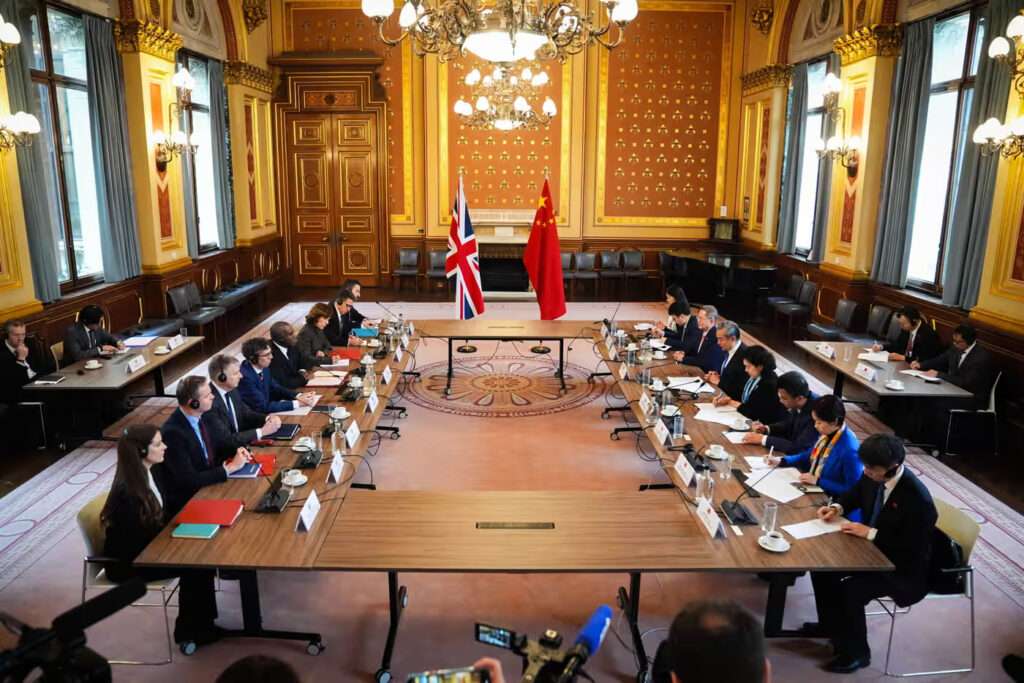
UK Seeks Balanced Approach in China Relations
The UK government under Prime Minister Keir Starmer has been working to normalize relations with China, a move that has sparked mixed reactions. While economic cooperation is seen as vital for Britain’s post-Brexit growth strategy, concerns remain over cybersecurity threats and human rights issues.
Chancellor Rachel Reeves recently traveled to Beijing to co-host the UK-China Economic and Financial Dialogue (EFD), marking the first such engagement since 2019. The dialogue focused on economic cooperation, trade barriers, and financial collaboration. Reeves held talks with Chinese Vice Premier He Lifeng, with agreements from the discussions potentially contributing up to £1 billion to the UK economy over the next five years.
Reeves’ visit from January 10 to 13, 2025, also covered global issues such as climate change and the stability of international markets, reflecting the UK’s interest in maintaining open diplomatic channels.
Despite these efforts to foster economic ties, cybersecurity threats from China remain a key concern. British intelligence agencies have warned about cyberattacks targeting government agencies and financial institutions.
Critics argue that while trade relations are crucial, they should not come at the expense of national security. Members of the opposition Conservative Party have cautioned against an overly accommodating approach to Beijing, citing concerns over espionage and human rights abuses in Hong Kong.
Lammy acknowledged these challenges in his meeting with Wang Yi, stating, “We will also discuss issues where the UK and China do not always see eye to eye.”
“In some cases, the UK does have significant concerns. It is important that we use channels such as this for robust but constructive discussions, as we are both members of the UN Security Council. We will be better able to understand each other and each other’s perspectives.”
David Lammy
Prime Minister Keir Starmer has advocated for a pragmatic approach to dealing with China, balancing economic opportunities with security measures. His recent meeting with President Xi Jinping at the G20 Summit underscores this strategy.
As the UK navigates its evolving relationship with China, striking the right balance between economic collaboration and safeguarding national security will be crucial. The government’s renewed diplomatic efforts indicate a recognition of China’s growing influence in global economic affairs, even as it remains cautious about the associated risks.

